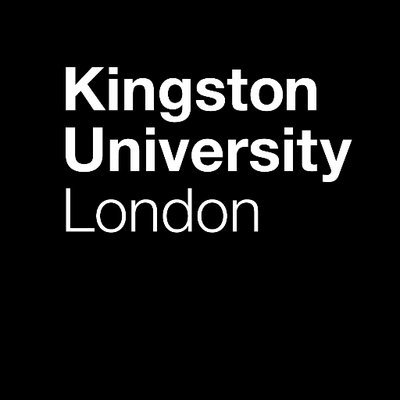
Kingston University case study: IP phone systems transforming how we work
Read how Kingston University started using a BT One Voice SIP Trunk UK IP solution. A game-changer that not only slashed call charges but also ensured that phone lines remained consistently available.
Commercially driven
The higher education sector is now as commercially driven as big business. As government funding has declined, universities have had to become more financially adept. It all comes down to a blunt equation, more students = more income.
It’s now more important than ever for universities to fill all of their available places by attracting and recruiting as many students as possible.
Marketing plays a big part in attracting as many potential students as possible to any university. Competition for students is intense so university staff need to make sure that they’re not missing any calls from potential students, and, when they get through, the callers need to get through to the right person quickly and smoothly.
Old technology frustrating students
During their busy recruitment drives, the outdated technology couldn’t cope with the marked increase in calls coming through over a short period. Worse than that, the system was increasingly expensive to maintain and run, and there was no backup plan if anything went wrong.
“The number of calls we get shoots up as soon as the A-level results come out”, Simon Harrison, Kingston’s Chief Information Officer told us. “As with most universities, we take a number of students through Clearing, with most being offered places in the first couple of days – so if the phones aren’t working, we stand to lose potential students. We simply couldn’t run the risk of losing the possible income”.
BT already provided the University’s voice services and IP phone system, so Simon discussed ways around the Clearing problem with his BT account manager, Antonella Bisonni.
Transforming how people work
Antonella recommended a BT Session Initiation Protocol (SIP) Trunk solution – the snappily titled BT One Voice SIP Trunk UK. The clever thing with this solution is the University uses its IP connection for calls rather than the traditional phone lines, helping to save on call charges.
They’ve transformed the way we work. People can move around our campuses and take their phone numbers with them. I can leave my office, go somewhere else, and log in on my extension number to take calls and pick up voicemail.
To remove the risk of the phone system going down, BT installed a BT IP Connect Wide Area Network. As the access circuits are in different locations, at two of the University’s data centres, the phone lines are always available.
If anything goes wrong with one circuit, (cable damage during building works, for example) calls automatically re-route to the other one. So for the University, the calls never drop.
And because the network uses Multiprotocol Layer Switching (MPLS) technology to prioritise voice calls, callers can always get through to the University. What’s more, the University can effectively switch SIP channels on and off, matching call capacity to demand so when things get busy they can expand the system to take more calls.
Finally, the University opted for Cisco IP phones.
